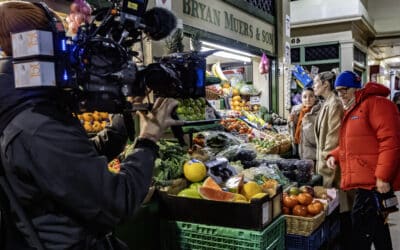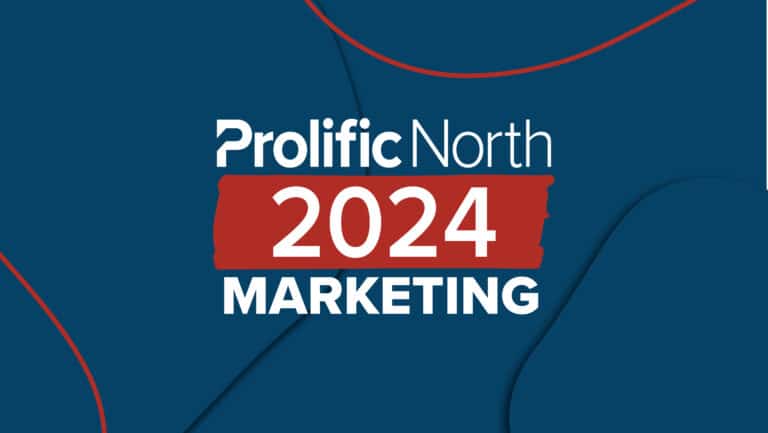As we prepare to close the door on 2023, we can look back on a year that’s been full of the brand new – the meteoric rise of Generative AI; the relatively new – the continued importance of sustainability and green credentials to a growing number of brands, clients and the public at large, and the comfortingly familiar – the return of ‘More Reasons to Shop at Morrisons,’ anyone?
The end of the old year marks the start of the new, however, and faced with rapidly advancing technology, ongoing economic challenges meaning that those with control of marketing budgets increasingly want more for less, and a public that’s ever-more conscious of what it wants and how it wants it delivered, we turned to some of the leading figures in the marketing world across the North to find out what emerging trends the industry expects to see in 2024.
Nathan Lane, Director of Campfire PR

I’ll let others drone on about the transformative nature of generative AI. Instead, let’s talk about brands with a purpose. Some companies can make genuine claims to be saving lives or the planet. And if they are in that position, it should be at the heart of their business strategy and marketing. For the rest of us, it’s best to stay away from the current wave of greenwashing. However, every company can make a difference in their communities. Businesses can make a difference, whether it’s a convenience store in Wigan that donates free fruit to the local primary school and delivers shopping to the elderly or Toms, which gives away one pair of shoes for every one sold.
Make no mistake, next year will be tough for people in the UK. A flat economy is tiptoeing along the edge of a recession, plagued by a cost of living crisis with ruinous mortgage rates or rents. The latest figures show 4.2 million children live in poverty in our country. As a marketing industry, we have influence, and it would be great to see more businesses growing by helping the communities they serve.
John Kehoe, CEO at MAG

A quick look back at last year’s ‘the next big thing’ suggests that predicting anything during a time of near-constant disruption is incredibly difficult. A year ago, there was lots of talk of the rise of metaverse and VR, but what we actually saw was faux OOH and brand activism. What’s clear is what gets the industry excited isn’t necessarily reflected by clients that are facing significant challenges.
2023 was a remarkable year in terms of technological advancements, but the industry’s recent focus on hypertargeting across virtually all media channels with shorter-term effects will, I expect, push many brands to place greater emphasis on mass-market strategies in 2024, focusing on trust, credibility and meaningful engagement.
Oliver Yonchev, CEO & Co-Founder of Flight Story

As my first 2024 marketing prediction, I have to start with AI. I expect marketing teams are going to be grappling with how they introduce AI into their workflow, I particularly think the creative industry will be the most affected.
We’re also going to be seeing an increase in productivity, specifically around post production, however I think pre-production will also be impacted. This will lead to teams starting to understand or re-evaluating their data strategy as a consequence of AI.
Lastly, I think the word ‘AI’ will lead to fatigue and we will just refer to the technologies or the outcomes of AI.
Thinking more broadly and looking at the marketing industry as a whole, I expect the influencer and creator marketing will become increasingly challenging for a number of reasons. The first being influential and effective creators will continue to do less brand deals and launch more of their own products and services. I also think that costs will continue to go up, which again means efficacy typically will go down, making the commoditized influencer agency system that underpins influencer marketing flawed.
My final prediction is, where most marketing teams will be pursuing attention at all costs, interrupting people’s day with aggressive short-form strategies or ‘hacky,’ creative tactics, I think we will have a return to champion long form, cinematic creative that makes us feel something. Ultimately, where more and more marketers are creating social and short form content more easily, there will be a rejection of that type of format and we’ll start appreciating more traditional advertising.
Ellie Byrne, Account Manager, Scriba PR
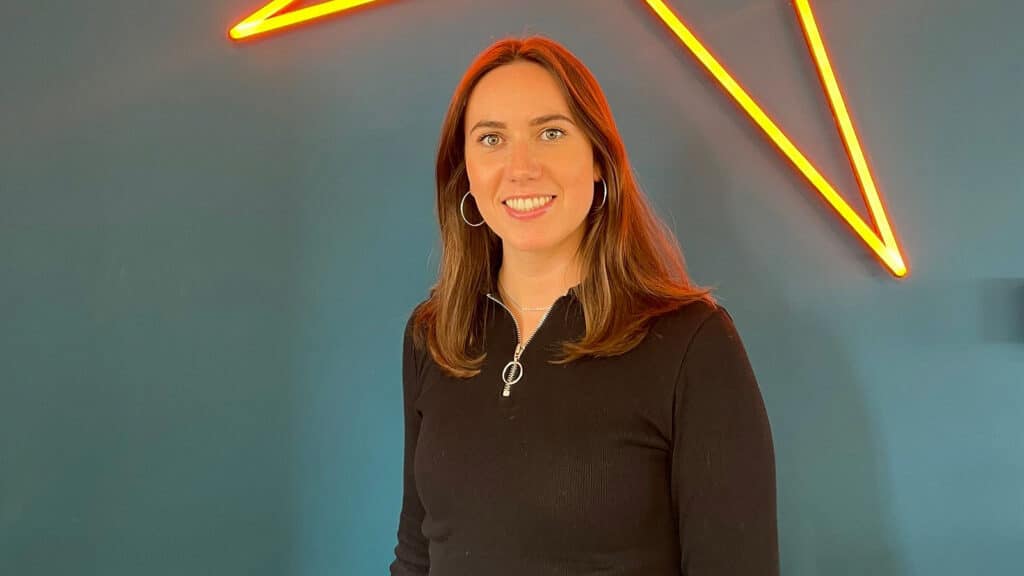
In public relations (PR), the surge in B Corp certifications is reshaping the way companies communicate their commitment to sustainability. While sustainability itself isn’t a new trend, the growing interest from media outlets signifies a pivotal shift. As an increasing number of businesses aim for B Corp status, it is poised to become a central consideration in pitching clients to journalists across various industries. This not only reflects a heightened societal awareness of environmental and social responsibility but also presents a unique avenue for businesses to garner positive media coverage. In this era where transparency and corporate accountability are paramount, companies must proactively share their sustainability initiatives and progress to remain relevant and resonate with conscientious consumers and stakeholders alike.
Ewan Burkinshaw, Digital Marketing Manager, The Bigger Boat Marketing
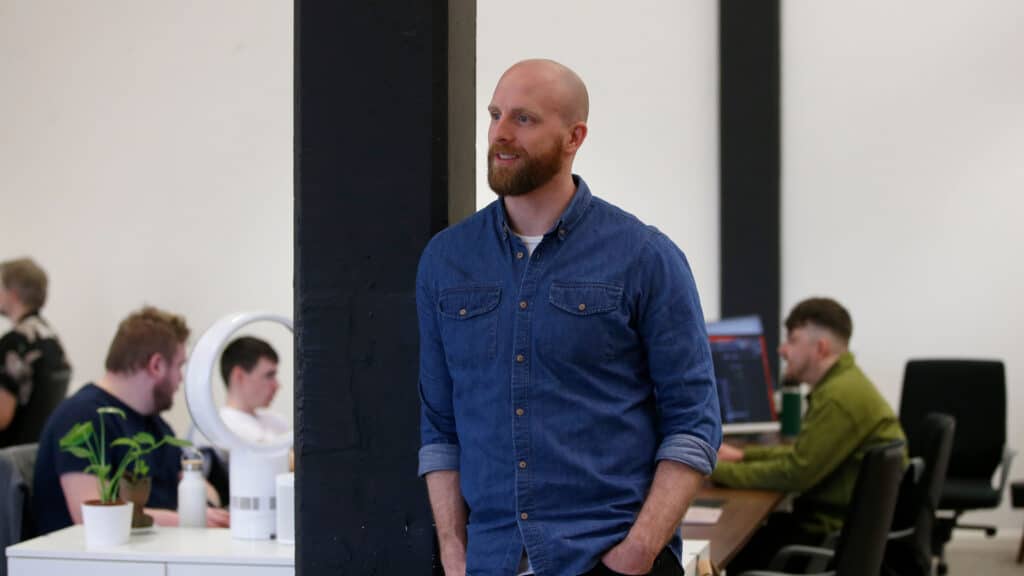
In 2024, AI’s role in marketing will grow, fuelled by tools like ChatGPT. However, challenges persist, as Google adapts algorithms to discern AI-generated content, emphasising the value of human-produced material. While AI aids in overcoming creative blocks, its content may struggle to meet Google’s E-E-A-T principles. As AI evolves in 2024, marketers will cautiously integrate it, harnessing its efficiency while ensuring content aligns with authenticity and uniqueness. The marketing landscape will witness a delicate synergy between AI tools and human ingenuity, emphasising the irreplaceable quality of human-produced content in maintaining SEO effectiveness and audience engagement.
Steven Bartlett, Podcaster/Dragon/Flight Story Co-Founder
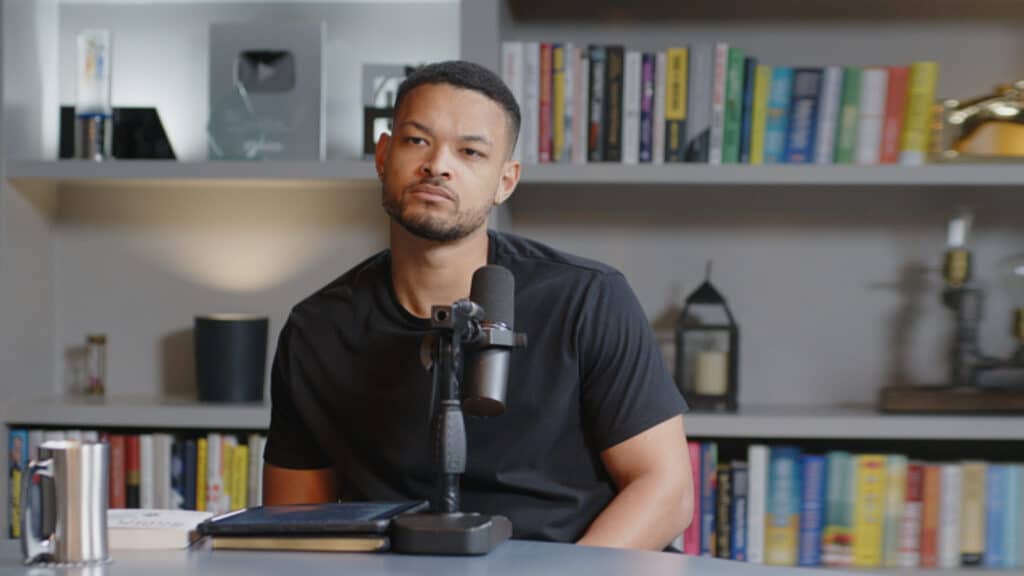
AI is going to continue to dominate the conversation within marketing. Generative AI is going to take an exponential leap forward – as it begins to produce movies, music, websites, technology, and more. In 2024 we’re going to continue to question what creativity really is.
Grace Lenihan, Account Director, Scriba PR
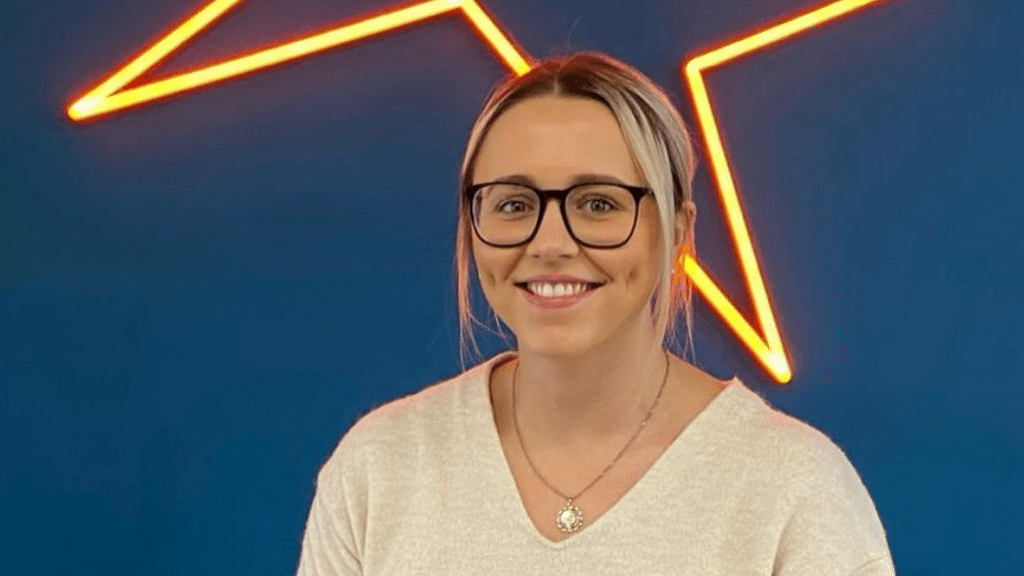
In a monumental rise, LinkedIn reached the milestone of 1 billion members this year, aligning seamlessly with Semrush’s foresight in the Social Media Trends Report 2024, which positioned LinkedIn as a front-runner among social platforms for the upcoming year.
We’ve seen first-hand the impact of C-suite staff amplifying their business’s content on their personal LinkedIn pages. This raises a compelling question: are CEOs poised to emerge as the trailblazers of influence in 2024? Despite not always being synonymous with rapid innovation, like newer platforms like Instagram and TikTok, LinkedIn’s distinct strength lies in its ability to foster genuine and meaningful connections. This unique attribute is set to solidify its standing as an indispensable channel for B2B marketers, emphasising the platform’s pivotal role in facilitating authentic engagement and strategic networking within the business community.
Steve Underwood, Bonded

We anticipate that developments in technology will drive marketing trends and opportunities, at relative pace, influencing key trends across content, platform environments and measurement.
The macro economic environment will continue to have a strong influence over consumer spend, marketing investment and an increased need for both effectiveness and efficiency from advertising spend.
We expect AI, in particular Generative AI, will see significant advancement and enable accelerated opportunities for media effectiveness and efficiency, particularly within creative and platform development.
We anticipate an increased convergence of platform capability, particularly within highly competitive social media environments. We expect increased monetisation via new advertising opportunities & subscription modelling, as well as an enhanced approach to tracking, data & privacy.
Social good, sustainability and climate change will continue to be important societal topics and become increasingly more prevalent within marketing, as consumers and business further increase their expectations from brands.
Alex Moran, SEO Lead, Space and Time

I believe SGE will be a central topic in 2024, building on the momentum it has gained over the last six months. And while it is so high in the expected changes of search, I do believe the end product is being slightly over-hyped. A recent Google podcasts suggest that search engine modifications are continually refined based on how users interact with the features.
A notable change I’ve observed is the diversification of the icons beneath the search bar, which seem to vary based on search intent. These alterations, moving beyond the standard buttons of Images, Videos, News and Maps hint at a more tailored search experience. For brands, especially those focused on navigational search, it’s crucial to monitor these changes, as they might reveal more detailed information about their online presence.
Content has always ‘been king’ as it is termed in the industry, and this trend continues to hold true. Despite Google’s aims to devalue link importance (though research-based evidence still shows otherwise) and some technical aspects like talking down the importance of Core Web Vitals, they still continue to uptalk content as the cornerstone of their strategy. The ‘helpful content’ update from 2022, in my opinion, will see further refinement in 2024, as once again Google adapts to the changes in the web and changes in user preference.
The SEO community, is striving to better understand what truly constitutes ‘helpful content’ as defined in Google’s guidelines and how that applies in a saturated, increasingly AI influenced landscape.
Will Ockenden, Director/Owner Prohibition PR
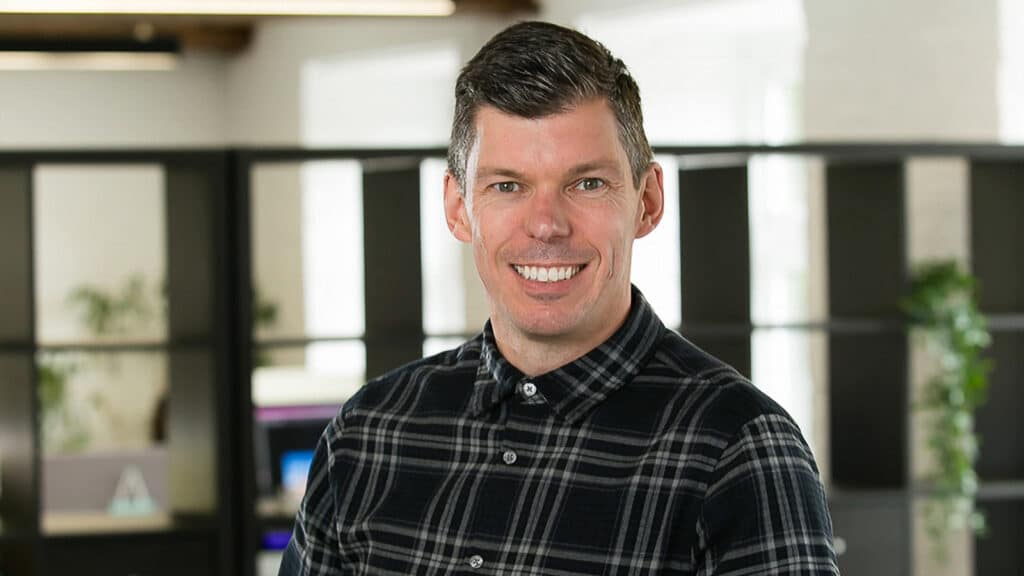
Business podcasting – though by no means new – is set to go bigger than ever in 2024. It’s already one of the best content marketing mediums around (for example, 80% of people listen to an ENTIRE podcast episode) but developments in AI, as well as the growing dominance of snackable video platforms like TikTok, mean podcasting is evolving into something altogether sharper and more integrated.
A one-hour episode now goes way beyond a simple audio upload, generating a suite of AI-predicted viral video clips, extensive show notes with highlights, long-form video content, a wealth of organic and paid content, plus a whole lot more. For the marketer, not only is this is an amazing investment of time and budget, but it’s a medium that can build trust like nothing else, and supercharges your lead gen.
Amy Thomson, Branded Business Development Manager, Crowd Branded

With global podcast listeners set to hit 504.9 million in 2024, branded podcasts are no longer something businesses can ignore.
There are still a lot of brands ‘thinking about podcasting’ but not sure how to do it. So, there is still education and explanation to be done.
But what we will see more of in 2024 is those brands who have grasped the nettle. They are generally younger, disruptive brands who understand the value of building a community, really making an impact, and getting ahead of the game.
The smarter brands understand that a podcast is more than long form audio. It is a content engine that provides that engagement that only long form audio can, but it also provides short form video content to run across a brand’s social channels/website and an opportunity to interact directly with your target audience.
So, if 2024 is the year that branded podcasts boom, I’m looking forward to seeing agencies and brands really take advantage of the creative and commercial potential that the medium can offer.
Jane Hector-Jones, Head of Brand Partnerships at Factory International

2023 has been a special year for Factory International in terms of brand partnerships. Not least in the historic partnership with Aviva to support the future life of our landmark new home, Aviva Studios, which opened to the public this year – a resource for Manchester, the North, and the UK for many years to come.
Their investment also supports a range of community initiatives which will have a long-term economic and social impact. Aviva is principal partner of our award-winning training programme, the Factory Academy, official sustainability partner and supports our £10 affordable ticket scheme.
This is reflective of a real shift in what brands are looking for in their partners. Value alignment is becoming increasingly important, authentic and beneficial purpose is key. This really speaks to an organisation like ours with a huge commitment to equity in learning and access to arts and culture.
In 2024, the impact of partnerships needs to go far beyond financial or promotional. Meaningful partnerships work best when they are backed up by a long-term strategy and shared vision of how they will make an impact. At Factory International, that can mean supporting our world-class venue, helping more people to access the arts, or delivering our leading training and community engagement programmes.
Ben Fox, CEO at Fox Agency

In 2024, shit will get serious. And agencies will be forced to up their game or face the consequences.
The role of the B2B CMO has evolved and there’s no turning back. Over and above ‘brand-level activity’, there’s now a laser focus on driving growth and impacting opportunity and revenue across the business. For CMOs at global B2B firms this means a vast and ever-expanding remit – with huge expectations and pressure to perform. And, quite rightly, they will demand more from their agency partners.
Agencies who are still acting purely as ‘executors’ will be left behind. With a challenging global economic backdrop, general market uncertainty, a continuous quest for marketing and sales alignment, shifting audience demographics, and ever-expanding communication channels; the agencies who will thrive are those that can credibly perform across the three C’s: creativity, commerciality, and consultancy.
Thierry Ngutegure, Head of Data Insight, Salt

Zero-party data has the potential to be a big part of marketing strategies in 2024. Zero-party data refers to information that a user voluntarily and proactively shares with a brand. This contrasts with first-party data, collected through user interactions with a website or service (like browsing behaviour), and third-party data, obtained from external sources.
By leveraging zero-party data, brands can create highly personalised content. For instance, if a user indicates a preference for certain types of products or content, the website can tailor its display and recommendations to match these interests.
Google’s search algorithms increasingly prioritise user experience and content relevance. Zero-party data helps websites align their content more closely with user interests.
Using this information, brands can produce highly targeted and specific pieces of content, that both resonates with users and correlates with what Google’s Search Generative Experience is trying to surface, as well as lending itself to surfacing more unique content and value propositions under the Hidden Gems initiative.
Justin Taylor, MD UK at Teads.

Video’s next revolution will take shape in 2024: As streaming platforms align on advertiser supported models and the adtech dust settles, the opportunity for CTV in the UK will start shaping up much more like that of the American market. With increased opportunities for creativity, measurement, and targeting – alongside increased consumer adoption – brands will find it an amazingly powerful tool.
Google’s ability to hold to its commitments will be tested in 2024: There are more rumours swirling that Google’s timelines for third party cookie deprecation are once again under consideration, but ultimately it shouldn’t matter. Brands are already realising that 3rd party cookies are becoming more of a hindrance than a help when it comes to digital reach. We are expecting all our partners to be cookie-free well before Google makes its mind up.
Fintan Gillespie, Director, UK Large Client Solutions at Snapchat
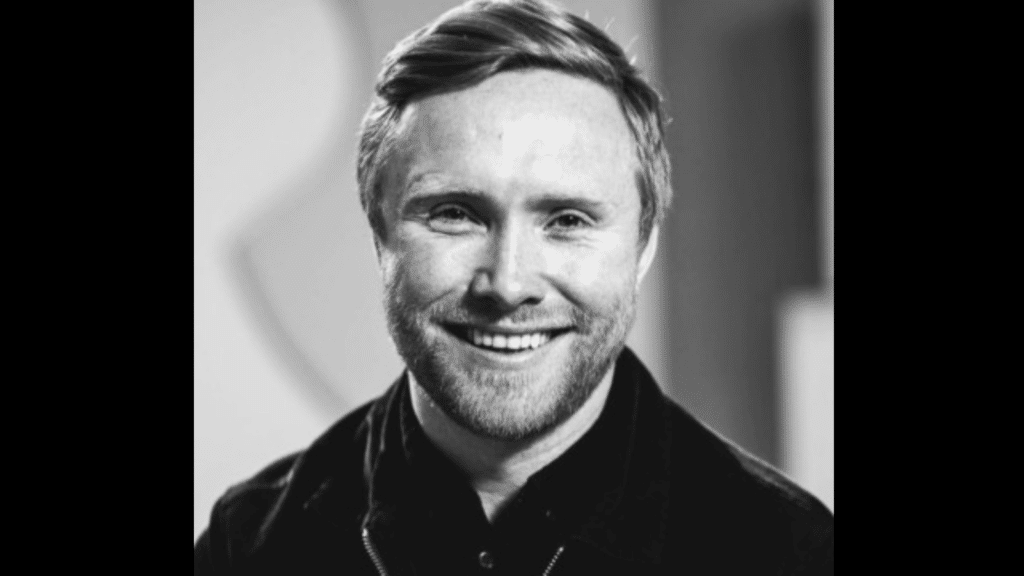
A new approach to measuring marketing effectiveness will emerge: Marketers are facing continued pressure to show marketing effectiveness as budgets remain squeezed. Third-party analytics tools are unable to measure the full impact of mobile social platforms like Snap, and marketers are beginning to shift to new digital measurement solutions such as Fospha to measure advertising effectiveness across mobile digital platforms.
In 2024, we expect to see a huge shift towards multi-touch attribution solutions, particularly across e-commerce, as marketers seek to gain a more detailed understanding of the different customer touchpoints and platforms that help to drive conversion rates.
The ongoing acceleration of privacy platform changes and looming cookie deprecation, will also see marketers continue to reduce reliance on user level data, shifting more towards marketing mix modelling (MMM), geo-holdouts and lift based measurement.

